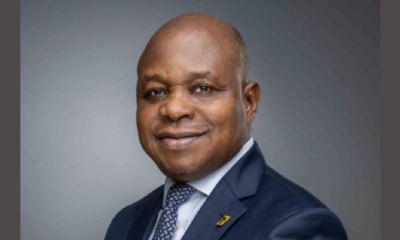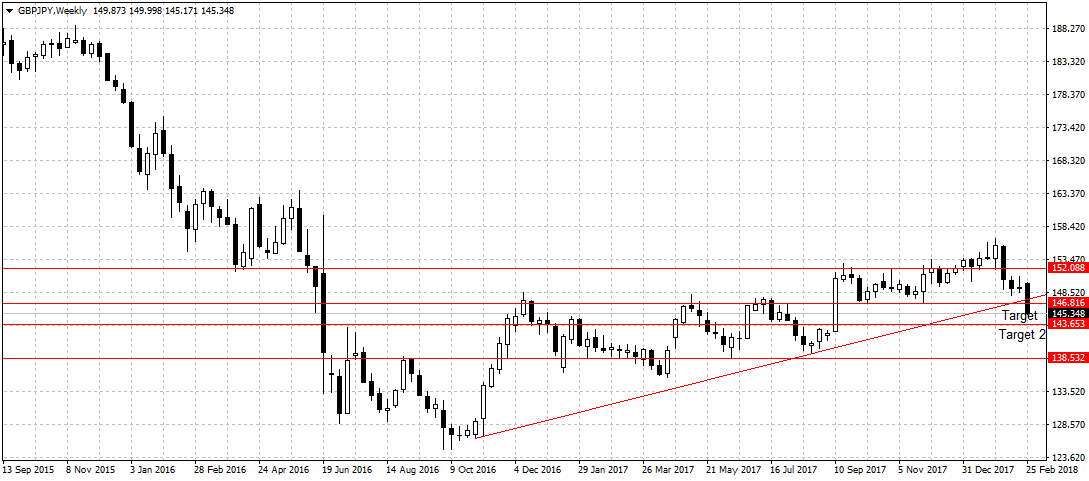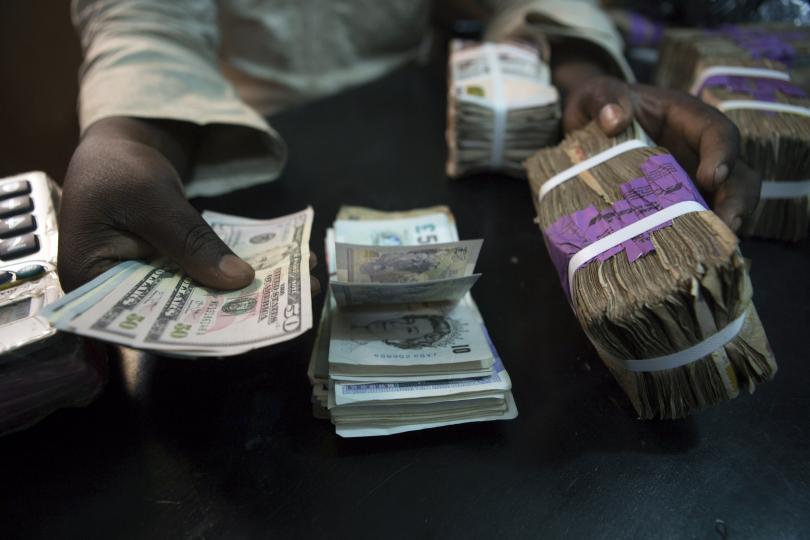Forex
U.K. Construction PMI Inches Higher in February

Forex
Bureau De Change Operators Demand CBN Reversal on New Capital Requirement
Naira
Black Market Dollar (USD) to Naira (NGN) Exchange Rate Today 29th May 2024
The black market, also known as the parallel market or Aboki fx, US dollar to Nigerian Naira exchange rate as of May 29th, 2024 stood at 1 USD to ₦1,520.
Naira
Black Market Dollar (USD) to Naira (NGN) Exchange Rate Today 28th May 2024
The black market, also known as the parallel market or Aboki fx, US dollar to Nigerian Naira exchange rate as of May 28th, 2024 stood at 1 USD to ₦1,510.
-

 Naira4 weeks ago
Naira4 weeks agoBlack Market Dollar to Naira Exchange Rate Today 6th May 2024
-

 Naira4 weeks ago
Naira4 weeks agoDollar to Naira Black Market Exchange Rate Today 4th May 2024
-

 Naira3 weeks ago
Naira3 weeks agoBlack Market Dollar to Naira Exchange Rate Today 8th May 2024
-

 Naira1 week ago
Naira1 week agoBlack Market Dollar (USD) to Naira (NGN) Exchange Rate Today 23rd May 2024
-

 Naira4 days ago
Naira4 days agoBlack Market Dollar (USD) to Naira (NGN) Exchange Rate Today 28th May 2024
-



 Naira4 weeks ago
Naira4 weeks agoBlack Market Dollar to Naira Exchange Rate Today 7th May 2024
-





 Naira2 weeks ago
Naira2 weeks agoBlack Market Dollar to Naira Exchange Rate Today 16th May 2024
-



 Appointments3 weeks ago
Appointments3 weeks agoEbenezer Olufowose Takes Helm at First Bank of Nigeria Limited as Chairman

























